Falsehoods helped drive opposition to transportation bill – BikePortland
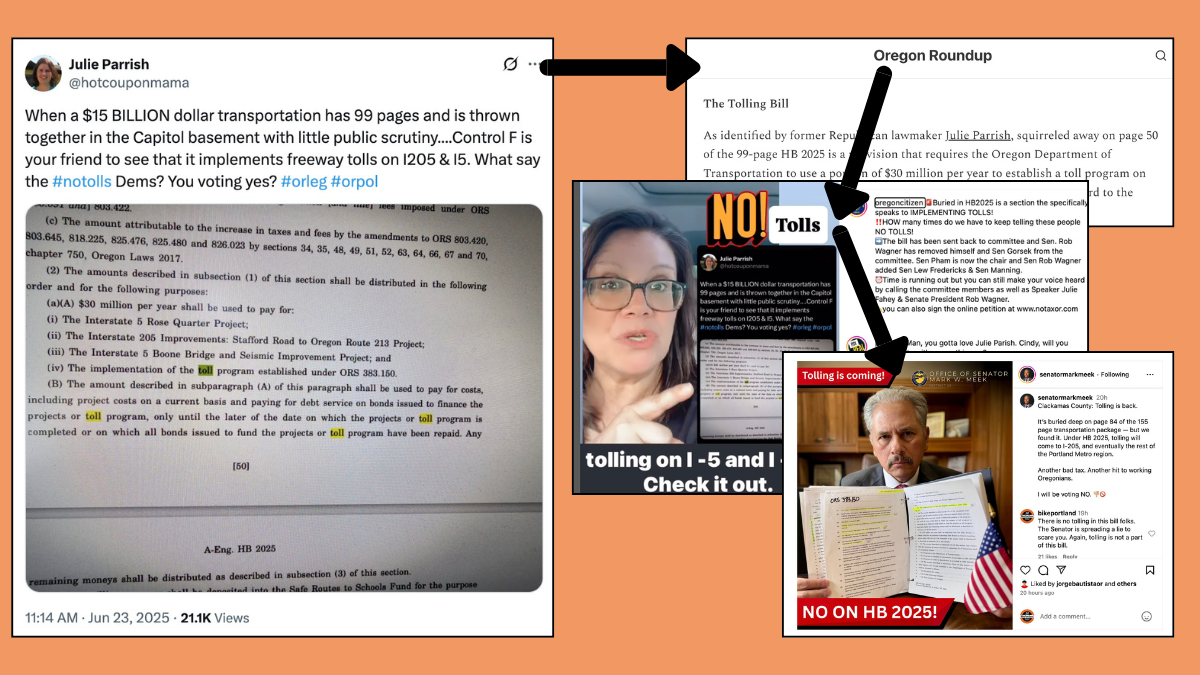
In their quest to derail a transportation bill, lawmakers who opposed House Bill 2025 misled voters and colleagues by spreading falsehoods that backed up their idealogical positions.
Senate Democrat Mark Meek and House Republican Shelly Boshart Davis have used their positions of influence to spread untruths. These falsehoods were read by tens of thousands of Oregonians, several lawmakers, and poisoned the well of an already tense debate about how best to fund Oregon’s transportation system.
Senator Meek, a Democrat who represents Gladstone, Happy Valley, and Oregon City, posted on social media Thursday that HB 2025 would bring tolling to I-205 and “the rest of the Portland region.” The post included a photo of a serious-faced Meek holding open a binder with a printed copy of the bill with some highlighted text. “Tolling is back,” Meek warned. And to make it seem like a nefarious plot he heroically uncovered, Meek told his followers, “It’s buried deep… but we found it.”
The post struck me as odd because HB 2025 did not include tolling — and Meek should have known because he was a member of the committee where it was discussed.
There are numerous ways to prove the bill was toll-free.
In legislative bills, only boldfaced text is new language. None of the passages Meek highlighted, and none of the mentions of tolls in the bill, are boldfaced. The passages Meek pointed to were from the existing transportation bill passed in 2017. When lawmakers author a new bill, they often copy/paste large passages of the existing law because it’s still valid and/or the new language needs to reference it. And finally, none of the official analysis of the bill on the Oregon Legislative Information Service (OLIS) website mentions tolling.
Perhaps the biggest piece of evidence that the tolling claim is untrue is that it was never (as far as I can tell) amplified by Rep. Boshart Davis. As a major critic of tolls and a vice-chair of the Joint Committee on Transportation Reinvestment where HB 2025 was debated, if the bill included tolls, Boshart Davis would have talked about it at every opportunity. She never mentioned tolls on social media, or in statements, and uttered not one word about them during months of committee meetings.
Despite it being a falsehood, Meek’s social media post was widely circulated. On X (Formerly Twitter), his post was reposted by local sports reporter Dwight Jaynes (14,200 followers), Oregon House Rep. Ed Diehl (7,000 followers) and the official account of the Oregon Republican Party (12,000 followers), among others.
Senator Meek likely didn’t come up with this idea himself, and given how it spread it seems more like a disinformation campaign than an innocent mistake. The tolling untruth sprung to life three days before Meek’s post when Julie Parrish shared it on X (formerly Twitter). Parrish is a former Republican lawmaker who served in the Oregon House of Representatives from 2011 to 2018. That legislative experience didn’t prevent her from posting the false claim that HB 2025 “implements freeway tolls on I-205 and I-5.” Her post has 21,300 views so far and despite it being clearly untrue, she’s doubled-down on the claim, has not deleted her post, and has not issued a correction (so far no one who spread this untruth has deleted or corrected their post(s)).
Parrish’s post was seen by Jeff Eager who writes Oregon Roundup, a website and newsletter that covers, “Oregon’s dysfunctional state government and the politics that create it.” One day later, on June 24th, Eager amplified Parrish’s post in a story about the bill (under a section titled, “The Tolling Bill”) and boasted that he was the first person to report the news.
Parrish’s post was also picked up by another conservative-aligned outlet called Oregon Citizen. An Instagram video on that account claiming that “buried in [HB] 2025 is language to implement tolls on I-5 and I-205” has been viewed over 20,000 times and has been liked by over 1,000 people. The video was cross-posted by PDX Real, one of the largest outlets in Oregon’s burgeoning, online, conservative-aligned media ecosystem. (PDX Real is playing all sides on this issue. They posted Oregon Citizen’s video to their account, then two days later left a comment on Sen. Meek’s post saying it is “not accurate” and that he should issue a correction. Meanwhile, the video remains on PDX Real’s page without a correction. On Friday, in a comment on a video I made, PDX Real attempted to excuse Meek’s post as a simple mistake.)
I can safely estimate this false claim about tolling in HB 2025 was seen by nearly 100,000 online accounts. It was widespread enough to be noticed by at least one mainstream media outlet, the Governor of Oregon, and the chair of the Joint Committee on Transportation Reinvestment.
Unfortunately when Oregon Public Broadcast covered Meek’s post, they never pointed out that it was untrue. They merely said it was a claim made by Meek and that “Democrats rushed to refute the claim.” This treatment makes the casual reader think both sides simply have a difference of opinion — when in reality one side is spreading false information.
At the outset of the final HB 2025 committee hearing on Friday, one week after Meek had been removed from the committee by Senate President Rob Wagner, Co-Chair Khanh Pham addressed Meek’s post. Unfortunately she called it a “rumor,” never mentioned Meek or anyone else in the disinformation campaign by name, and she didn’t explain how it might have impacted discourse around the bill. A letter from Governor Tina Kotek read by committee Co-Chair Susan McLain refuted the tolling claim, but lacked the clarity and directness the issue deserves.
This is just one example of how disinformation impacts Oregon’s transportation politics.

On Friday, after the session ended, we saw another example. This time it was from Rep. Boshart Davis, a leader in the Republican party and key voice against HB 2025 who’s also vice-chair Joint Committee on Transportation Reinvestment.
In an official statement about the bill, Boshart Davis said its passage would have led to “Economic harm across sectors.” To prove her case she shared four data points pulled from an unnamed report. The bill, she claimed, would have led to: 16,392 fewer jobs, a $2.5 billion decrease in Oregon’s GDP, a $1.7 billion personal income decline, and a $4.2 billion drop in business sales.
That is a damning critique of HB 2025; but it’s not true.
The numbers come from a report by Common Sense Institute of Oregon (CSI), a nonprofit think tank with many ties to conservative politicians and causes. Oregon House Republican Leader Christine Drazan was a founding board member. However, even with the partisan leanings of its source, I’m willing to give the report the benefit of the doubt because some of its authors are serious economists (including Oregon’s former state economist, Mark McMullen).
CSI crunched the numbers of the two versions of HB 2025 that were adopted out of committee last week: the initial $14.6 billion version (HB 2025 A) and the trimmed down, $11.6 billion version (HB 2025 B). Boshart Davis chose to use numbers from the larger, outdated version of the bill. She also chose to use numbers from just one side of the economic impact equation: the tax revenue side.
Yes, as Republicans made quite clear, HB 2025 included numerous new taxes. But it also included a considerable amount of new spending. In their report, CSI analyzed impacts of both the tax revenue and spending elements of the bill to come up with an “on net” impact. According to CSI, HB 2025 A would have led to: 5,094 new jobs, a $1.1 billion GDP increase, a $635 million increase in personal income, and a $1.8 boost to business sales.
By using just one side of the data, Boshart Davis misrepresented the impacts of the bill in a way that aligns with the idealogical position of her and her followers. Similar to the impact of the tolling untruth spread by Meek, Boshart Davis’ choice to share misleading data shows how high-profile voices and their allies in ideologically-aligned media outlets can put their thumbs on the scale and foment anger, fear, and opposition.
After peppering the debate with false information amplified in friendly media bubbles where facts matter less than clicks and influence, these leaders of the opposition then pointed to all the Oregonians who agree with them. “Just since this amendment was posted yesterday,” Boshart Davis said in the final committee hearing on HB 2025 held Friday, “Over 4,000 people have submitted testimony. Of that, 70% are opposed.” “ODOT wants to add tolls to their open ended funding… The tolling proposal… is simply absurd,” wrote Oregonian Dean Suhr in one of many written pieces of testimony that referred to the non-existent tolling plan.
And speaking from Senate floor Friday morning, Senator Meek said, “From the correspondence I’ve received from around the state of Oregon and my community — both in letters, emails, phone calls, and social media posts, I’m doing the right thing for Oregonians.”
Share this content:

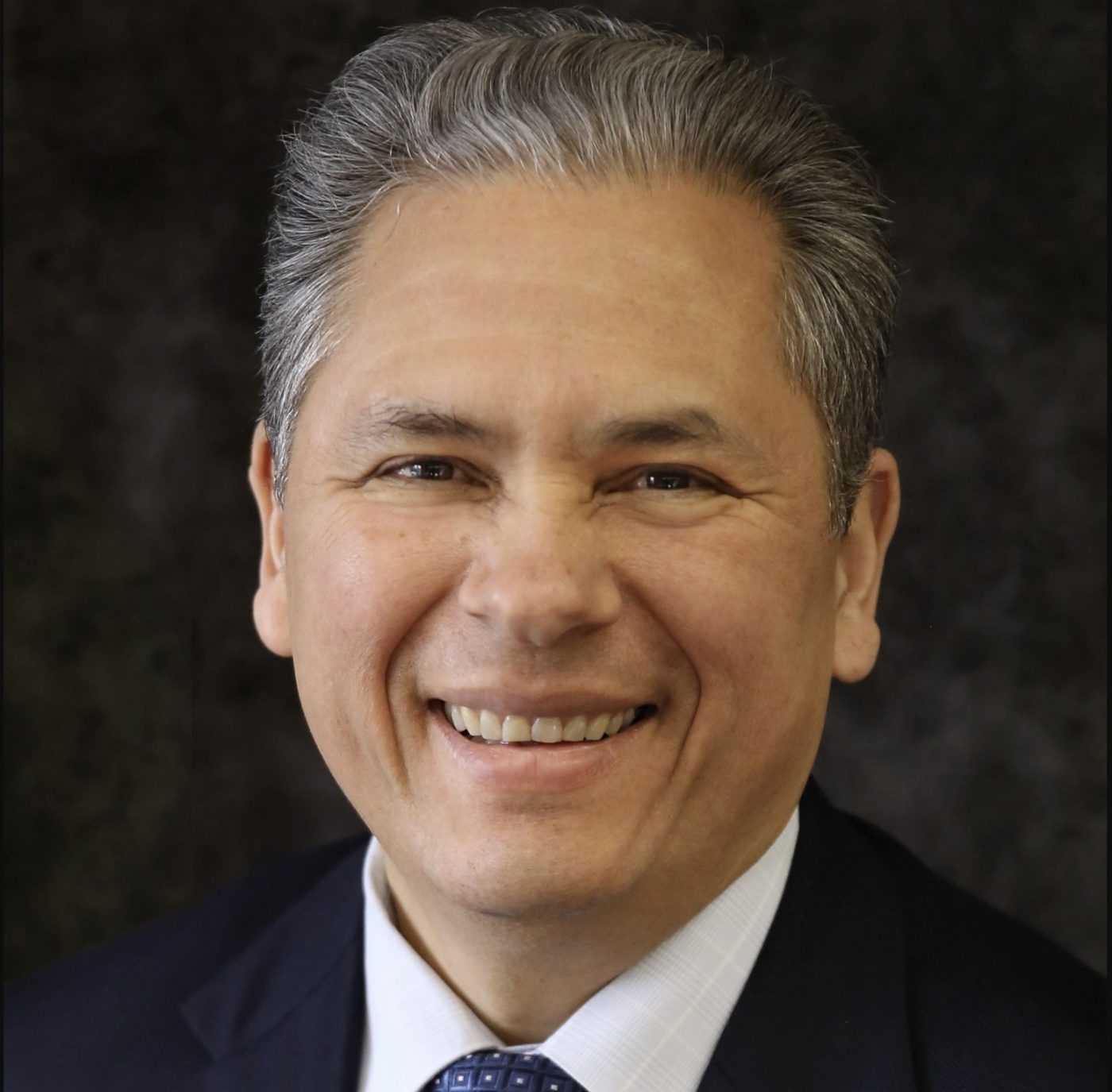
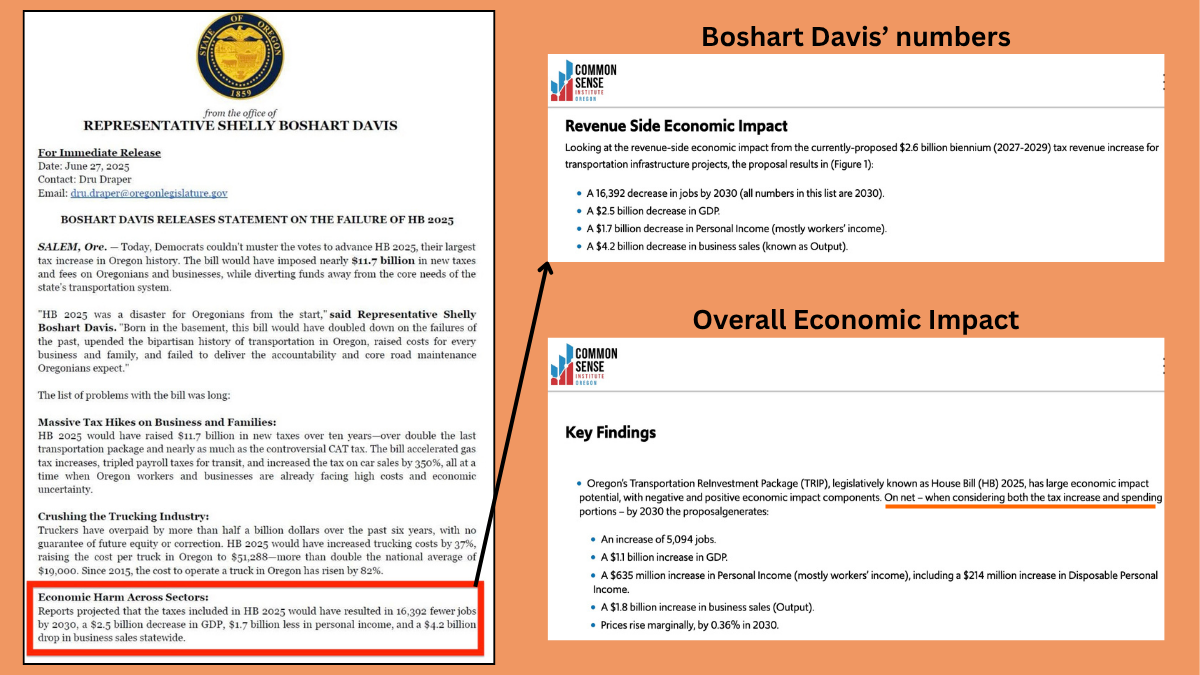

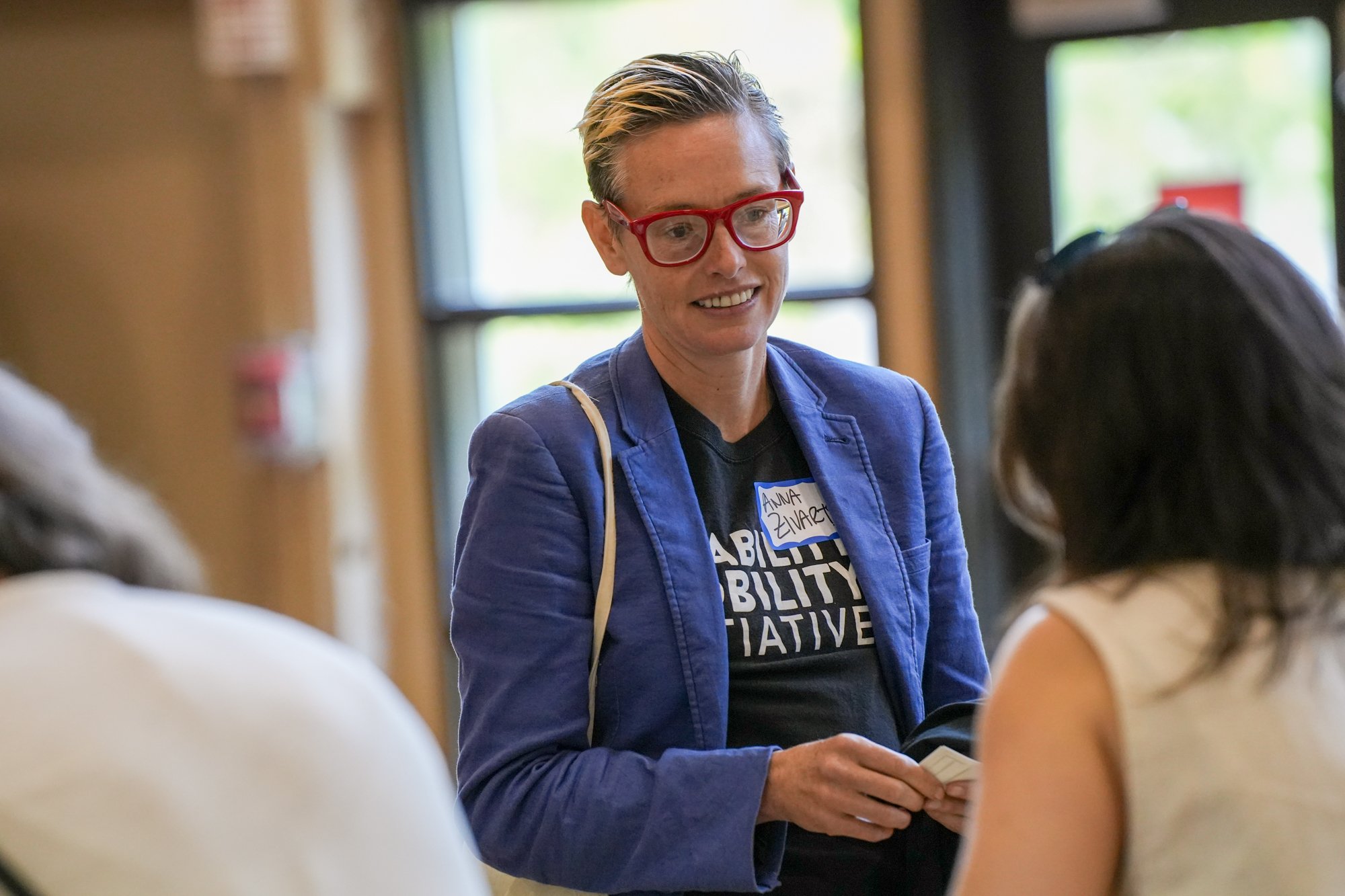
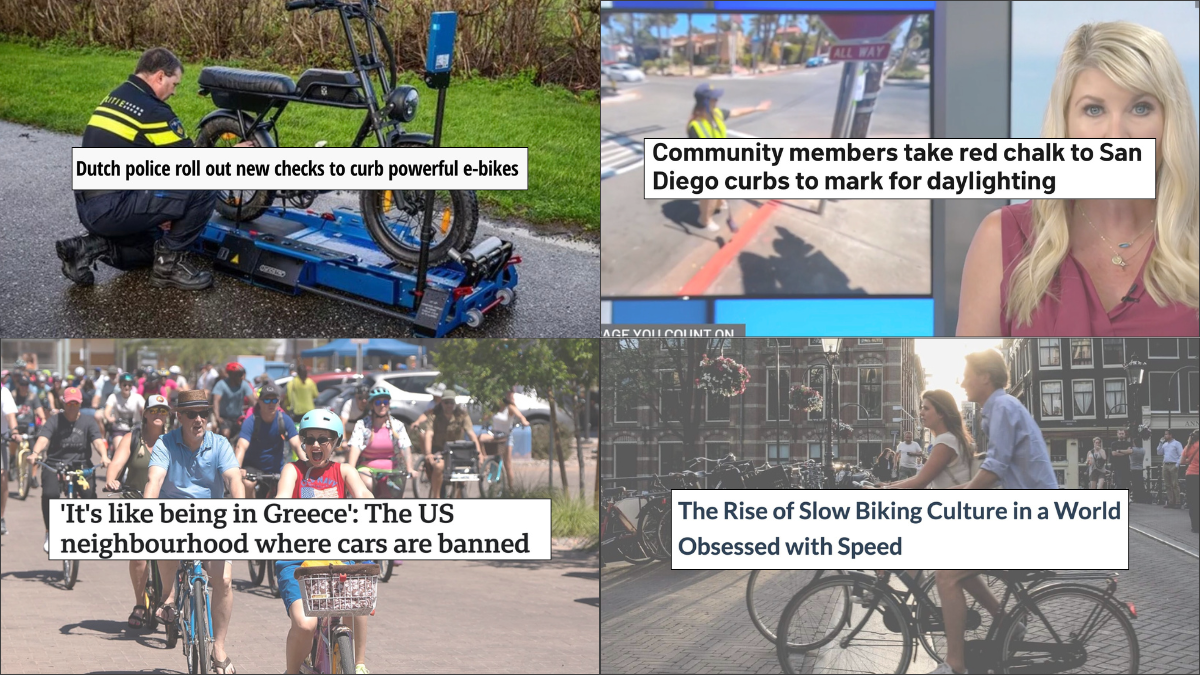
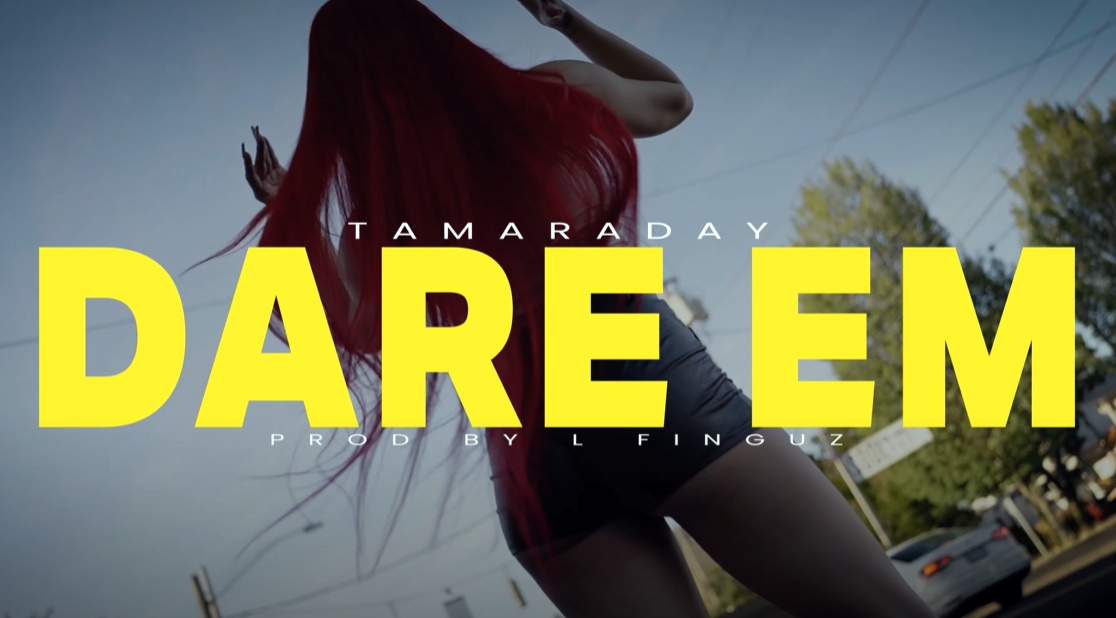

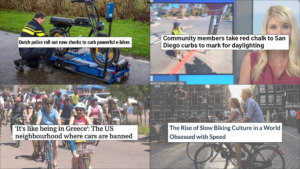
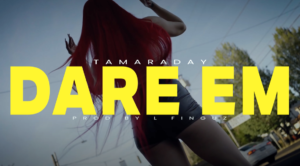
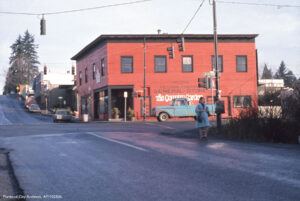

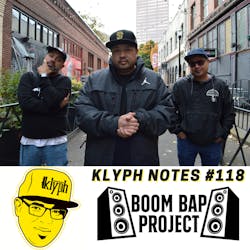

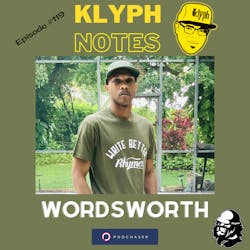
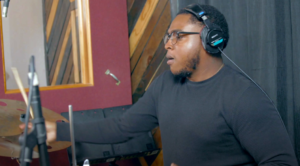

Post Comment